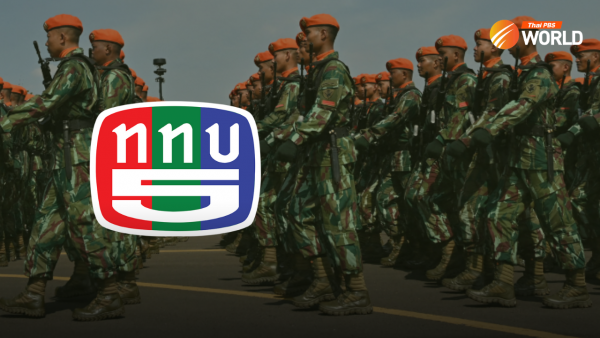Thai officials to meet coconut product manufacturers over UK ban

Thailand’s Foreign Trade Department officials will meet with representatives of coconut product manufacturers, at the Ministry of Commerce on Wednesday, to discuss the impacts of a ban on their products by some supermarkets in the UK and how to resolve the problem.
Commerce Minister Jurin Laksanavisit claimed today that production of coconut products no longer involves pigtailed macaque monkeys in harvesting, as claimed by animal rights protection group PETA, because they now have other, more practical methods.
He admitted, however, that some small-scale coconut farmers still use the monkeys, because it has been a traditional way of life for generations and the monkeys are not mistreated and are regarded as part of the family.
Thailand produces about 780,000 tonnes of coconuts each year, of which about 113,000 tonnes are turned into coconut milk. 70% is for local consumption. Coconuts are also imported from neighboring countries.
Mr. Somdet Susomboon, Director-General of the Foreign Trade Promotion Department, said that Thailand’s trade office in London has been instructed, by the Commerce Ministry, to explain to consumers and retail stores that using monkeys to pick coconuts is a traditional way of life and that the animals are not mistreated or tortured, as alleged by PETA.
More than a million coconuts are used in manufacturing each day, and this quantity is beyond the capability of monkeys to collect, he said.
Diplomats from the European Union, based in Thailand, will be invited to tour coconut farms to observe the use and training of monkeys.
Mr. Phinit Sudsa-nguan, a coconut farmer in Samut Sakhon province, told Thai PBS that his farm hires people to pick coconuts, adding that some experienced pickers can climb more than 100 coconut trees each day at a wage of 15 baht per tree.






